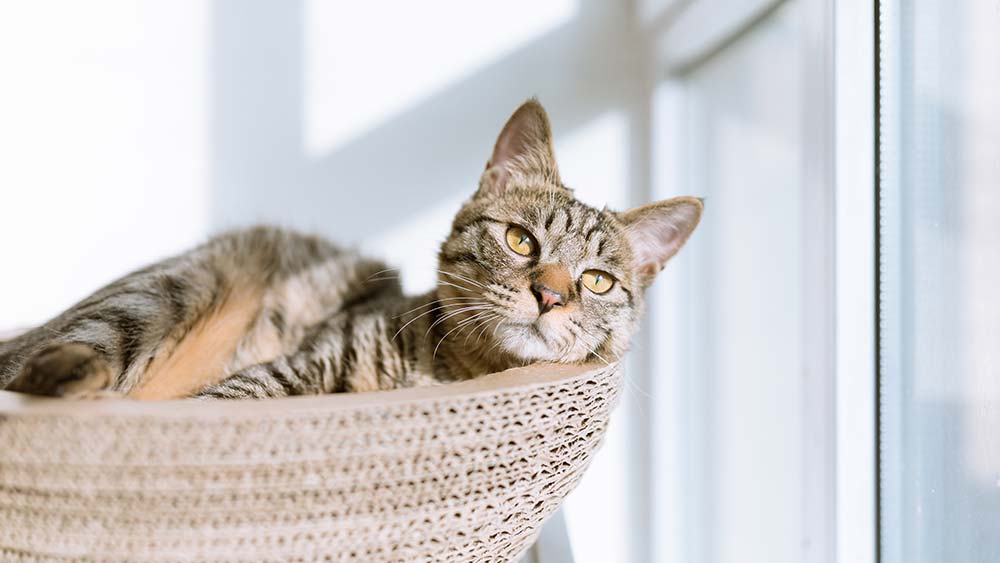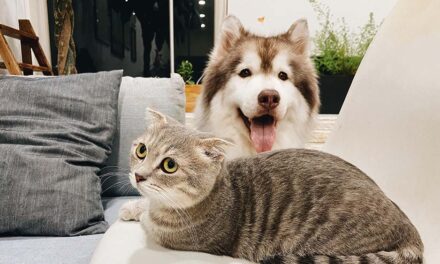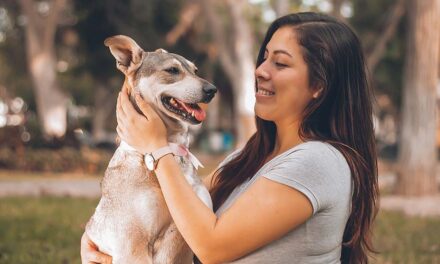There is no one vitamin B, but rather a complex of many B vitamins. All of them help maintain the health of the nervous system, skin, eyes, hair, liver, muscle, and brain. They function as coenzymes in energy production and may help reduce anxiety or depression.
Because most foods contain B vitamins, deficiencies of vitamins are rare in pets. An exception is thiamine deficiency in cats. Supplementation with the B vitamin choline is indicated in older pets, especially those exhibiting signs of cognitive disorder, often incorrectly referred to as senility. Supplementation with this vitamin may also be helpful for pets with epilepsy to calm the brain and for liver disease.
While they are available from dietary components, the B vitamins are synthesized in the digestive tract by bacteria from nutrients supplied in the diet. Intestinal disease (such as diarrhea) can upset the normal bacteria flora and result in decreased synthesis of these vitamins. Pets with diarrhea and various intestinal diseases should be supplemented with prebiotics and probiotics to provide healthy bacteria to replace those lost as a result of the disease.
B complex vitamins are often recommended for pets with a lack of appetite. In fact, it is theorized that a deficiency of B vitamins (specifically thiamine and niacin) may cause anorexia. Anecdotally, many veterinarians add B vitamins (or force-feeding formulas or intravenous solutions) to the diets of anorectic pets as a “natural” way to stimulate appetite.
The daily B vitamin requirement of cats is estimated to be 6 to 8 times greater than the daily requirement for dogs.
Always consult with your veterinarian before adding vitamins and supplements to your pet’s diet.











